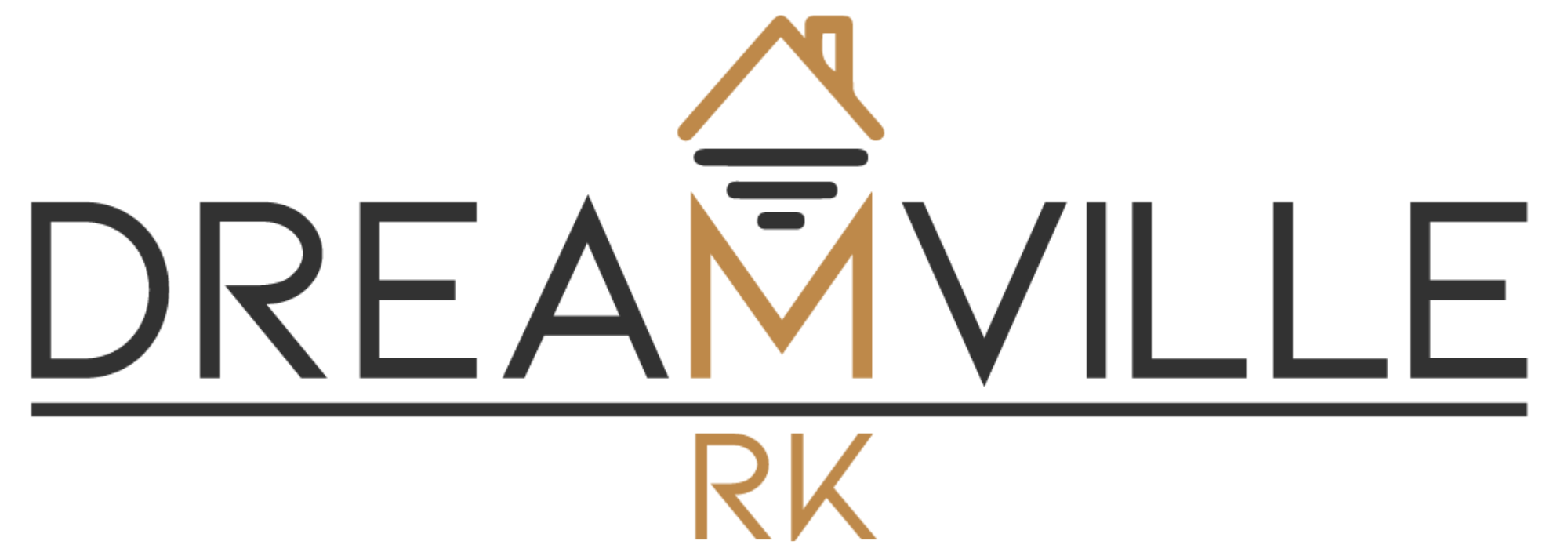The gap between mortgage payments and rent has significantly narrowed over the past year. However, rents remain more affordable in all regions of the Czech Republic.
Real estate and banking experts, along with potential home buyers, have closely monitored the recent mortgage rate reductions, which mark a significant turning point. After two years where high-interest rates and real estate prices contributed to mortgage payments exceeding average monthly rents, housing costs for both tenants and owners are now starting to converge.
Expert Libor Ostatek attributes this trend to the Czech National Bank’s decision to lower the base interest rate multiple times this year. In March, the mortgage rate reached 5.19%, the lowest since June 2022.
Analyses conducted by SZ Byznys, based on the most common type of mortgage and data from the real estate portal Sreality.cz, reveal a substantial increase in average mortgage payments and rents across different regions of the Czech Republic over the past year.
Currently, there is a closer alignment between mortgage repayments and rents in the Karlovy Vary and Moravian-Silesian regions, with a difference of only around 1,000 CZK. However, the most significant gap persists in the capital, where property owners pay over 11,000 CZK more in mortgage repayments than rents. Nonetheless, there has been a notable change: just last February, this gap averaged over 16,000 CZK. In Prague, this situation is not solely due to rising interest rates (a phenomenon seen nationwide) but primarily to substantially higher property prices compared to the rest of the Czech Republic.
Even in other major cities, where the regional average is influenced by more affordable areas, a similar pattern emerges. For instance, according to Hypoamír Brno’s analysis, purchasing a 60 m2 apartment in good condition requires about 6.6 million CZK. This translates to a monthly mortgage payment of over 25,000 CZK while renting a similar apartment would cost around 17,000 CZK, resulting in a saving of over 8,000 CZK by renting.
In South Moravia, the difference between mortgage payments and rent is approximately 4,000 CZK.
Experts attribute this gradual convergence to several factors. The price of real estate significantly impacts the situation, as an increase in price leads to higher mortgage payments. The interest rate also plays a crucial role, while the applicant’s age can influence the repayment period and total amount. In contrast, rent is considered a neutral factor.
Data from the Czech Banking Association indicates a 7% decrease in prices for older apartments last year due to lower demand. However, rising rents have also contributed to the current situation. Many property owners have increased rents in line with inflation, particularly in Prague, Brno, Hradec Králové, and Olomouc.
Despite expectations for improvements as interest rates approach the 3% threshold, banking experts currently estimate a drop to around 4%, suggesting a more modest scenario in the short term.
Some experts warn that an eventual equalization between mortgage payments and rents could further impact real estate price trends, increasing pressure to buy and driving prices higher. However, Wüstenrot’s analysis suggests that in 2020, rents surpassed mortgage payments for the last time, leading to a significant increase in interest in buying real estate and subsequent price hikes. Therefore, a similar scenario may occur due to recent interest rate reductions.
Expert David Eim suggests that buyers may not wait for mortgage payments to fall below rent levels but may be swayed by slight changes. This indicates that many people prefer ownership over renting if they can afford an adequate mortgage loan.
In conclusion, as the Czech real estate sector evolves, it’s crucial to monitor trends and carefully consider options based on market conditions and individual financial needs.
SOURCES: https://www.seznamzpravy.cz/





